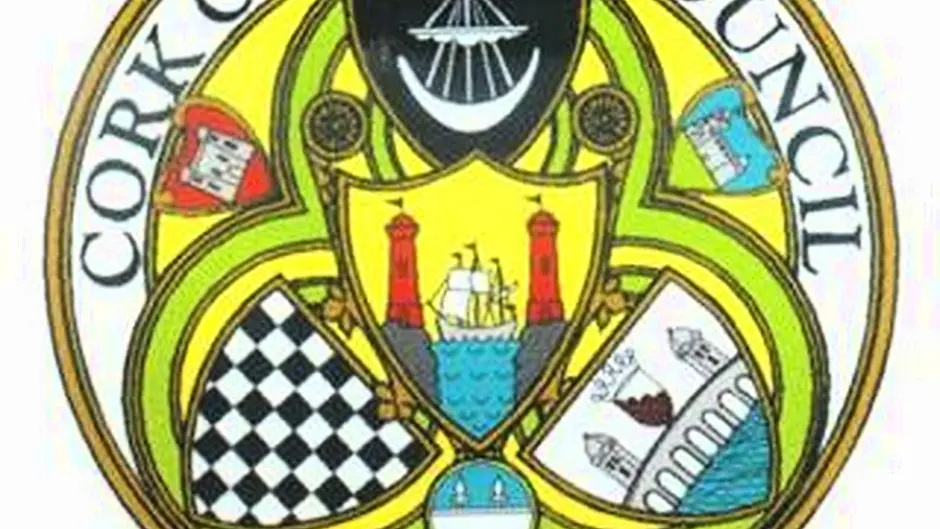There needs to be a national ‘taskforce’ to deal with Japanese Knotweed – the plant that is prevalent in West Cork, says local Senator Tim Lombard.
THERE needs to be a national ‘taskforce’ to deal with Japanese Knotweed – the plant that is prevalent in West Cork, says local Senator Tim Lombard.
The Fine Gael senator has called for a national taskforce to deal with the invasive plant which has now halted a €8.7m housing plan for Clonakilty.
To give an international example of the cost involved, £70m was required to clear Japanese Knotweed from the Olympic village site in London in 2012. Appreciating the magnitude of the issue, the UK has allocated a national budget of £5bn per year towards addressing this problem, he pointed out.
Sen Lombard revealed that a local social housing project, which has the potential to deliver 56 housing units in Beechgrove in Clonakilty, has now been delayed because invasive plant eradication works are required on site.
‘The estimated cost of construction for the Clonakilty housing project is €8.7m, which will only increase due to these delays. Action must be taken now to ensure these delays and costs do not spiral further,’ he said.
He said the responsibility for dealing with invasive plants comes under the Department of Regional Development, Rural Affairs, Arts and the Gaeltacht, and this issue also needs the involvement of the Department of Environment, which would have the ability to coordinate the local authorities, the National Roads Authority, the Inland Fisheries, and Iarnród Éireann in a national task force.
This week Cork County Council appeared to largely wash its hands of the issue, other than on its own land, saying in a statement that ‘local authorities have no direct enforcement role in relation to Invasive Alien Species (IAS) (such as Japanese Knotweed). The National Parks & Wildlife Service are the primary regulatory and enforcement authority. However, they have only very limited resources and do not generally investigate reports involving the growth of an invasive species on private land.’
It added: ‘All landowners, including local authorities, have legal obligations to control the spread of Japanese Knotweed on their properties as far as is possible.’ It said that if a member of the public encounters knotweed growing on their land it is ‘their responsibility’ to treat and eradicate it.
It added: ‘Given the widespread nature of the Japanese Knotweed infestation accross the county, Cork County Council does not have the resources to give grants to all areas who are experiencing infestations.’
When asked who the public should contact if they encounter the weed, the Council said: ‘If they see it on their land, they call a private contractor. If they see it on Council land call the Heritage Officer, Cork County Council, County Hall, Cork. (021 42676891) or email [email protected]. And if they see it anywhere else, they call the National Parks and Wildlife Service.’
However, when the Southern Star contacted the National Parks and Wildlife Service, we were told the NPWS is only responsible for knotweed on its own property.








